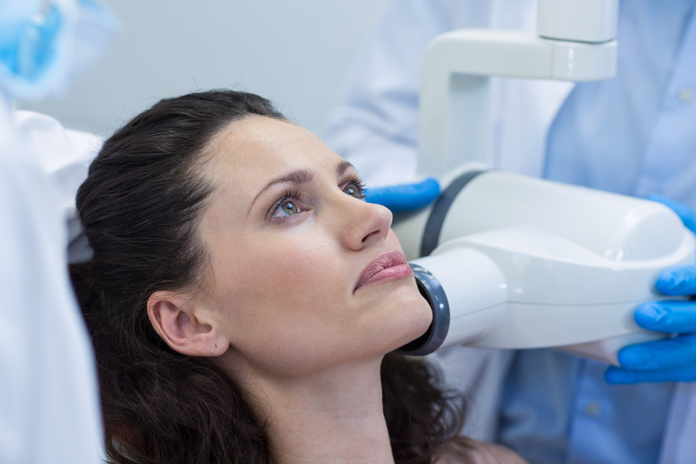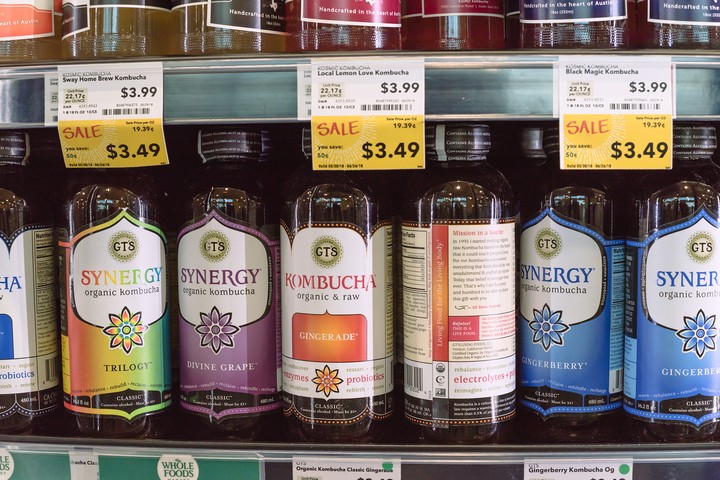Before we get to the good stuff, let’s just quickly touch on the subject as to why your dental professional needs X-rays in the first place. If your clinician says it’s time for bitewing X-rays, what they mean is it is time for X-rays which evaluate the bone levels around your teeth, which can become destroyed if you have gum disease, and detect cavities between the teeth; all of which cannot be seen with the naked eye. It’s better to catch gum disease or a cavity in the early stages before they progress to a point where a simple filling or a regular dental cleaning won’t suffice.
Occasionally, your dental professional may suggest taking a periapical X-ray, commonly referred to as a PA. These X-rays are single images of a tooth’s entirety – all the way from the tip of the root to the top of the tooth you see. These are unlike bitewing radiographs, which cannot see to the tip of a tooth’s root. PAs help diagnose any root anomalies such as abscesses, cysts, and tumors. If you have a toothache, a PA must be taken to help determine the cause.
Every 3-5 years, your dentist will need a full-mouth series, or FMX, which is a combination of PAs (entire X-rays of each tooth) and bitewings. It’s important for your dental professional to have a comprehensive picture of all your teeth because gum disease and cavities don’t often cause pain in the beginning stages, which is why detecting them with X-rays is imperative. Prevention, and catching any issues early, is cheaper than restoration (i.e., fillings, root canals, crowns).
Lastly, your dentist might need a panoramic X-ray every 3-5 years. This radiograph shows the entire mouth, and surrounding structures in one image, including nasal structures, sinuses and temporomandibular joints (TMJ: joint that opens and closes your jaw). This is the X-ray professionals commonly use to evaluate wisdom teeth. Beyond evaluating wisdom teeth, a panoramic X-ray captures impacted teeth, cysts, fractures, infections, and tumors. A pano can even spot a clogged carotid artery, before you may experience symptoms of an impending heart attack, which is a lifesaving find.
- The dosage of a whole body CT scan is a whopping 10.0 mSv!
- A mammogram packs a dosage of 0.42 mSv.
- The average radiation in the U.S. from natural sources on an annual basis comes in at a dosage of 3.0 mSv.
- A chest X-ray has a dosage of 0.10 mSv.
- Radon in the average U.S. home on an annual basis is a dosage of 2.28 mSv.
- The annual dose received by food and water (potassium) is a dosage of 0.4 mSv.
- A cross-country flight from New York to Los Angeles comes with a dosage of 0.04 mSv.
- Living in a brick/stone/concrete house (annual) has a dosage of 0.007 mSv.
- Smoking one pack of cigarettes brings with it a dosage of 0.0049 mSv.
- Eating a banana will give you a dosage of 0.0001 mSv.





